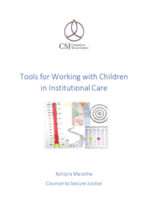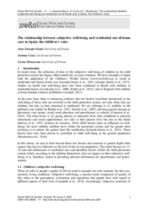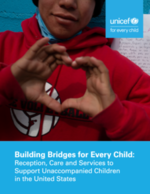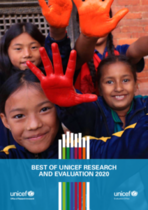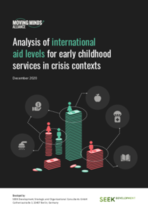UNICEF’s new report, Building Bridges for Every Child: Reception, Care and Services to Support Unaccompanied Children in the United States, considers global discussions on adequate reception and care for unaccompanied migrant and asylum-seeking children. Following the journey of children traveling alone from northern Central America to the U.S. – entering, navigating and leaving the U.S. reception and care system and transitioning to community life – this report presents eight overarching recommendations for the realization of a better and more equitable system of care and support for every child.

